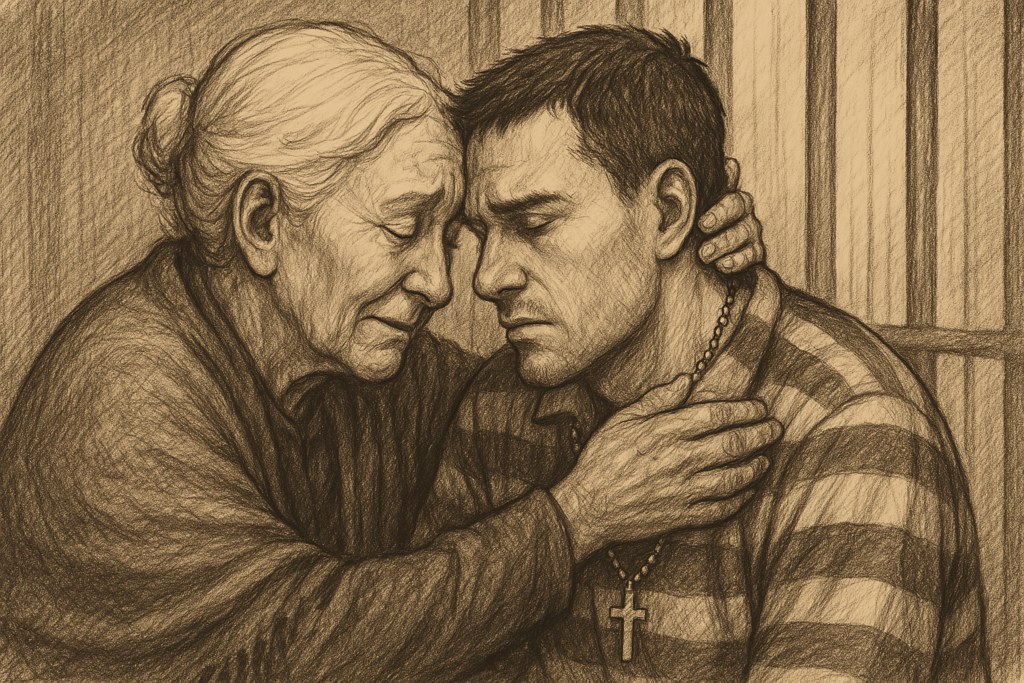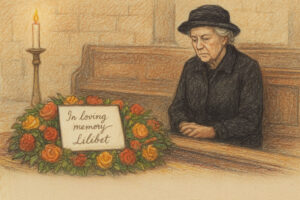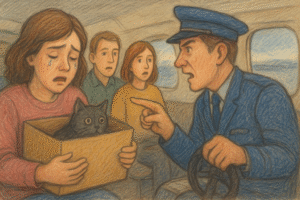In September 2005, Fabián Chávez, a 25-year-old orphan and alcoholic, beat Mariano Drew, aged 27, to death in El Hoyo, Chubut, Argentina. During the trial for the murder, Ana María, Mariano’s mother, began to reach out to Fabián, saying: “Only prayer soothes my pain each day. Yesterday, when I went to the Church of San Cayetano, I prayed to the Virgin Mary and thought about my son being with God. But I also thought about you, so young. I won’t harm you. I just want to give you this,” and she placed a rosary around his neck. She continued: “God heals wounds. I forgive you. And if my son offended you, I ask for your forgiveness. I loved him. Now, I don’t want you to suffer. The fate that awaits you pains me. There is so much violence in this world. You have been a victim of it since birth.” Embracing him, she concluded: “Love also helps to heal wounds.”
At first glance, this event surprises and fills us with emotion. That a mother, shattered by the pain of her son’s death, would tell her son’s killer that she forgives him, give him a rosary, embrace him, and even say that she does not want him to suffer—is something we do not see every day. For the logic of the world, it is something worthy of admiration.
However, for us Christians, it should be something normal, something we do every day, because as Jesus says, if we don’t do this, we are not Christians. If we don’t do this, we act like all the people of the world who love their friends and hate their enemies, and we have not yet understood the message of the cross. Yes, for the logic of the Gospel, it is the ordinary way to react.
It is the message of the cross that encompasses, among other things, this divine logic which is contrary to human logic—the logic of loving our enemies. For if God did not love those who were His enemies through sin, He would not have become incarnate and die on the cross: While we were enemies, we were reconciled to God through the death of His Son (Rom 5:10).
Although it might seem that there is not a necessary connection between being forgiven by God and forgiving those who have harm us—because we might think that God does not need us to forgive those who have offended us in order for Him to forgive us—there is, in fact, a connection. For God’s forgiveness implies accepting God’s love, and God’s love cannot enter our hearts while there is hatred within. The hatred of not forgiving or not loving those who have hurt us creates a barrier or an obstacle that impedes God’s love and grace from entering our hearts.





